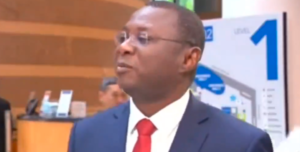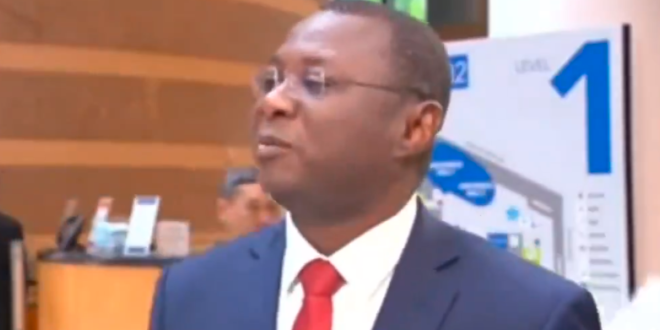The country’s economic figures stand in sharp contrast with the daily economic hardships faced by citizens, the Institute of Statistical, Social, Economic and Research (ISSER) has observed.
It said although the country’s total income distributed per person, also known as per capita income, had increased by $386 from $1,979 in 2016 to $2,365 in 2023, the institute is of the view that widespread inequality remains.
In a report after its assessment of the Mid-Year Budget Review, the institute which researches into social and economic issues, said in spite of the positive economic outlook, anecdotal evidence from studies such as the Afrobarometer surveys in the first quarter of the year suggested growing hardship due to increased food prices, increased transport fares and rising fuel and cement prices.
The institute, therefore, recommended that while the government should continue to work towards accelerating economic growth, it should also implement better policies to redistribute income.
“In a market economy, as you grow, the rich get richer and the poor get poorer, so you need to find a way for the poor to also enjoy some of the gains,” the Director of ISSER, Professor Peter Quartey, told the Daily Graphic in an interview after excerpts of the report were released yesterday.
Prof. Quartey said that could be done through ways such as streamlining some of the indirect taxes paid by both the rich and the poor. “We should subsidise the goods that the poor consume and reduce their tax burdens. There should also be more targeted programmes for the poor,” he added.
Observations
The report, titled: “2024 Mid-Year Budget Review: A Critical Assessment of the 2024 Mid-Year Budget by ISSER”, observed that a year after implementing the three-year programme with the International Monetary Fund (IMF), the country’s macroeconomic indicators appeared to be improving, with Gross Domestic Product (GDP) growth rebounding to 2.9 per cent in 2023.
In first quarter of 2024, the economy grew by 4.7 per cent, against a target of 3.1 per cent, the highest growth since 2020.
Inflation has also declined from a peak of 54.1 per cent in December 2022 to 22.8 per cent in July 2024, although food inflation continues to be a major concern for the economy.
ISSER said there was a disconnect between statistical progress and the reality on the ground which raised questions about the true impact of economic growth on the lives of citizens, particularly in addressing youth unemployment and the rising cost of living.
Prof. Quartey said the positive GDP growth was good but more needed to be done to deal with the high food inflation and exchange rate volatilities which translated into high cost of living.
“Despite the growth rate, we are still not out of the woods due to issues of inflation, which is affecting prices on the market and people’s livelihoods,” he said.
Streamlining taxes
The ISSER report notes that the current 15 per cent Value Added Tax (VAT), coupled with other levies, makes Ghana unattractive for business. It, therefore, advised the government to consider streamlining taxes and improving the enabling environment for the private sector to help create the needed jobs to reduce youth unemployment.
Prof. Quartey said the business community was looking forward to the harmonisation of those taxes and levies in the Mid-Year Budget Review but that failed to happen.
“There have been several calls for the government to harmonise some of these taxes and levies and we were hoping that this would have happened in the mid-year review, but that did not happen,” he stated.
To harmonise the taxes required the removal of some of the levies or making them part of the VAT so that industry could claim input taxes on them.
The institute once again highlighted the need for more efficient tax collection measures and suggested the harmonisation of the number of government agencies operating at the ports to reduce revenue losses and rent-seeking activities.
Notably, the report recommended rotating personnel stationed at ports every two years and implementing strict rules for the Ghana Revenue Authority staff to combat corruption.
Debt management
By the end of June 2024, the provisional central government and guaranteed debt in nominal terms stood at GH¢742 billion ($50.9 billion), equivalent to 70.6 per cent of GDP, indicating an increase of 22 per cent over the end of last year.
This debt stock consists of GH¢452 billion in external debt and GH¢290 billion in domestic debt, representing 60.9 per cent and 39.1 per cent of the total debt stock respectively. As a percentage of GDP, external and domestic debt represented 43 per cent and 27.6 per cent respectively.

 Home Of Ghana News Ghana News, Entertainment And More
Home Of Ghana News Ghana News, Entertainment And More





